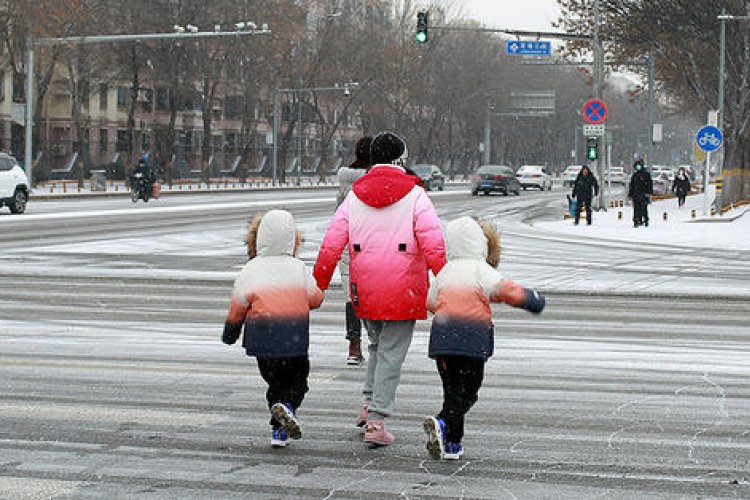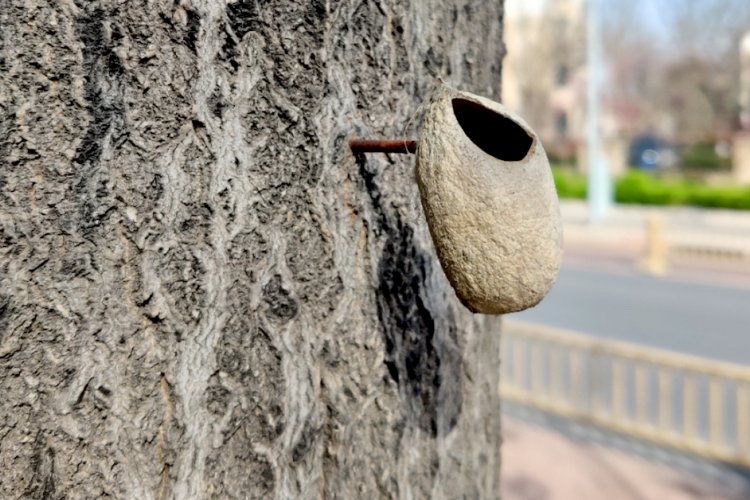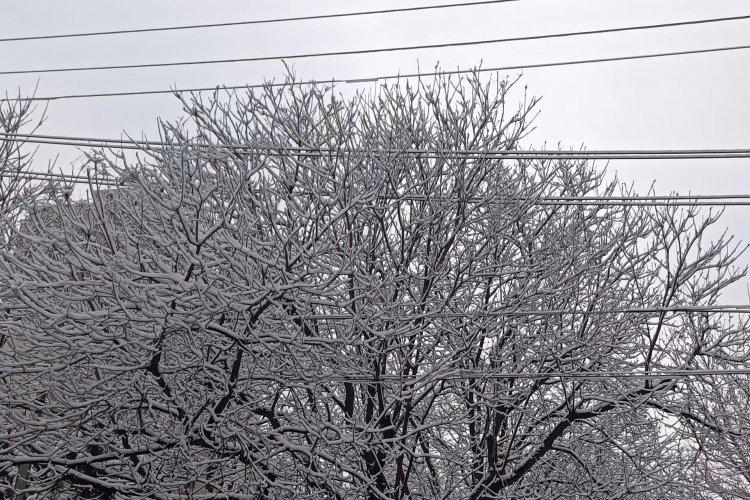Rain Makers
The rain that finally broke Beijing's 110-day dry spell fell harder and longer than it would have, thanks to the local government adopting cloud-seeding and other artificial precipitation measures. Given the favorable conditions (the meteorological bureau was predicting light rain) the local government decided to launch a land and air offensive on Feb 12 to try increase the amount of rain that would fall over Beijing. According to a report placed on the meteorological bureau's website, one plane from the Chinese air force was called into offer air support to 7 ground teams who blasted 49 rockets into the low lying clouds and another 31 teams who were busy burning 875 sticks of Silver iodide atop various mountains around suburban and rural Beijing.
China Daily quote Zhang Qiang, deputy director of the Beijing weather modification command center as saying that "the weather department spent a long time planning several measures used to enhance the precipitation."
The report went on to say:
By 5 pm yesterday, 12 silver iodide rockets had been launched into the skies of Beijing's suburban Pinggu, Miyun and Changping districts.
The local air force had also dispatched a transport plane to release 400 liters of liquid nitrogen in northern Beijing, an official statement said.
Twenty-one rocket launch bases in the city and 25 ground precipitation enhancement facilities in the mountains of eight districts were used to seed the clouds, it added.
Zhang said these actions could increase rainfall by 10 to 15 percent.
The precipitation enhancement involved at least 200 people.
The rain-making was supervised by the Beijing Weather Modification Office (BWMO) and is part of a broader operation to provide much needed rain to large parts of northern China. You can view a couple of videos below of the rockets containing Silver iodide being launched into clouds on Thursday morning. The first video also contains images of smoke containing the chemical being released from mountain tops across the greater Beijing area. The rain-making exercise appeared to be a success, with the Beijing News reporting that an average of 9mm of rain fell in the urban districts of Beijing and an average of 7mm across the whole metropolitan area. Originally the forecast was for a fall of about 3mm across the city. Today's paper also reports that another light shower is expected either tomorrow or on Wednesday.
The second video shows a plane spreading liquid nitrogen through potential rain clouds in Shanxi, Hubei and Shandong. A similar plane flew through the skies above Miyun, Guanding Reservoir and Northern Hubei on Thursday afternoon.
For those who are interested, there's a bit of background on the technicalities of seeding clouds here.
Finally, anyone worried about the possible environmental consequences of shooting a whole lot of a chemical that's best known for its use in developing photos into the sky, Zhang Qiang is once again quoted as saying that:
"It will not harm the environment, because only 0.5 g of silver iodide seeding was used for every sq km."
Links and Sources
Beijing Meteorological Bureau
China Daily: Light showers fall on Beijing after 110 parched days
The Observers: Firing rockets to bring on the rain (image)
Monsters and Critics: China creates rain, diverts water to ease drought
Xinhua: 空军飞机成功为北京人工增雨 本网记者亲历
The First: 北京布阵25个作业点“抓”雨
The Beijing Daily: Beijing Embraces 1st Rain after 111 Rainless Days
The Scientific Report: Artificial Rain a Cure for Droughts?
Wired: China Leads Weather Control Race
The Beijinger Forum: Beijing and rain...
USA Today: China rolls out the big guns, aiming for a dry Olympics (image)
STdaily.com: 北京人工增雨是如何实现的?
The Beijinger Blog: Nary a Drop in Sight
Time China Blog: Rain in Beijing, Finally
Video
Youku: “脱水”110天北京人工增雨解渴
Youku: 中国空军调集20架运输机为旱区执行人工增雨






